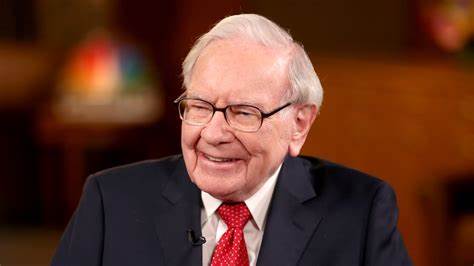Howard Marks, the co-chairman of Oaktree Capital Management, is known for his insightful memos that often draw analogies from various aspects of life to shed light on complex investment concepts. In his latest memo, Marks draws inspiration from a compelling chess article that explores the strategic sacrifices inherent in the game, drawing parallels to the world of investing.
The article, titled “Chess Teaches the Power of Sacrifice,” resonated with Marks as it delved into the necessity of strategic sacrifices in chess—a concept he believes mirrors the decision-making process in high-stakes investing. Marks quotes chess grandmaster Maurice Ashley, who emphasizes that many positions in chess cannot be won or saved without sacrificing something of value, be it a lowly pawn or a mighty queen. This notion underscores the idea that making strategic losses or sacrifices is sometimes necessary to achieve long-term success in both chess and investing.
Marks extends this analogy to the realm of investing by likening the purchase of U.S. Treasury notes to a “modest or ‘sham’ sacrifice,” where the risk is minimal but so are the potential returns. However, he underscores the importance of risk in investment strategies, emphasizing the principle of “no risk, no reward”—a fundamental concept that applies equally to both chess and financial markets.
Incorporating insights from five-time world chess champion Magnus Carlsen, Marks emphasizes the importance of taking calculated risks in pursuit of success. He notes that not being willing to take risks can be an extremely risky strategy in itself, highlighting the necessity of managing risk intelligently to achieve substantial returns.
Marks also draws lessons from the investment philosophy of Berkshire Hathaway, led by Warren Buffett and Charlie Munger. He notes their strategy of making a lot of decent investments, a relatively small number of big winners, and few big losers. This balanced approach underscores the importance of diversification and avoiding the temptation to chase perpetual high performers in favor of a well-rounded portfolio.
In conclusion, Marks reflects on the broader implications of risk in investing, stating that while risk avoidance may seem like a safe strategy, it often leads to avoiding returns as well. He underscores the importance of embracing calculated risks and managing them wisely to achieve long-term investment success.
Overall, Marks’ memo offers valuable insights into the strategic parallels between chess and investing, highlighting the importance of risk management, strategic decision-making, and maintaining a balanced portfolio for long-term success in both arenas.
